Life
Sign up for our newsletter
We summarize the week's scientific breakthroughs every Thursday.
-
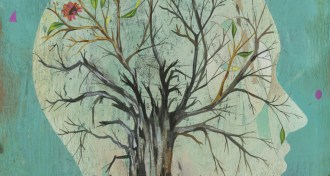 Neuroscience
NeuroscienceMemories lost and found
Drugs that help mice remember reveal role for epigenetics in recall.
By Susan Gaidos -
 Life
LifeGene therapy treats children with rare diseases
Six kids are healthy, up to three years after treatment.
-
 Life
LifeBacterial molecules may prevent inflammatory bowel disease
Common compounds produced by gut microbes quench colitis in mice.
-
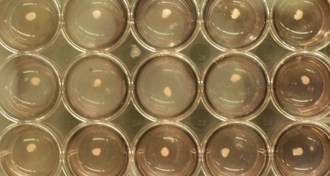 Life
LifeLab-grown liver raises hopes but draws criticism
Though human cells spontaneously group into rudimentary organs, some scientists say work is very preliminary.
By Meghan Rosen -
 Life
LifeDeadly flu virus flourishes in lung cells
H7N9 influenza's clinging ability in humans and birds raises concerns about increased transmission between species.
-
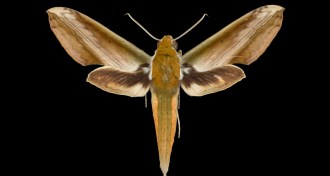 Animals
AnimalsHawkmoths squeak their genitals at threatening bats
Sounds of an approaching predator inspire ultrasonic rasping in insect prey.
By Susan Milius -
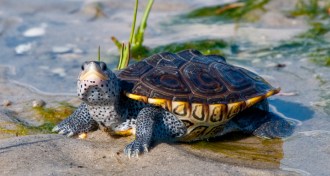 Animals
AnimalsHighlights from the Evolution 2013 meeting
Selections from the meeting include a natural fish experiment, terrapins' light displays and why a variety of eye colors persist in people, presented June 21-25 in Snowbird, Utah.
By Susan Milius -
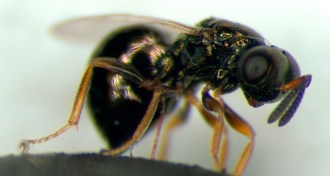 Animals
AnimalsGut microbes may put barrier between species
Wiping out gut bacteria in wasps saves crossbred offspring from death, suggesting that microbes may play a role in speciation.
By Susan Milius -
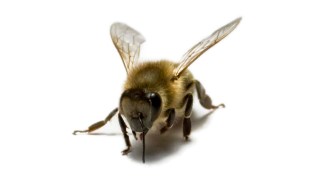 Animals
AnimalsHoneybees use right antennae to tell friend from foe
Asymmetry in sense of smell alters insects' behavior in lab tests.
-

-

-
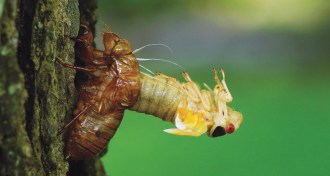 Animals
AnimalsCicadas’ odd life cycle poses evolutionary conundrums
Scientists are getting an idea about the odd family tree of periodical cicadas, how the insects synchronize their life cycles and why they breed side-by-side with others unsuitable for mating.
By Susan Milius